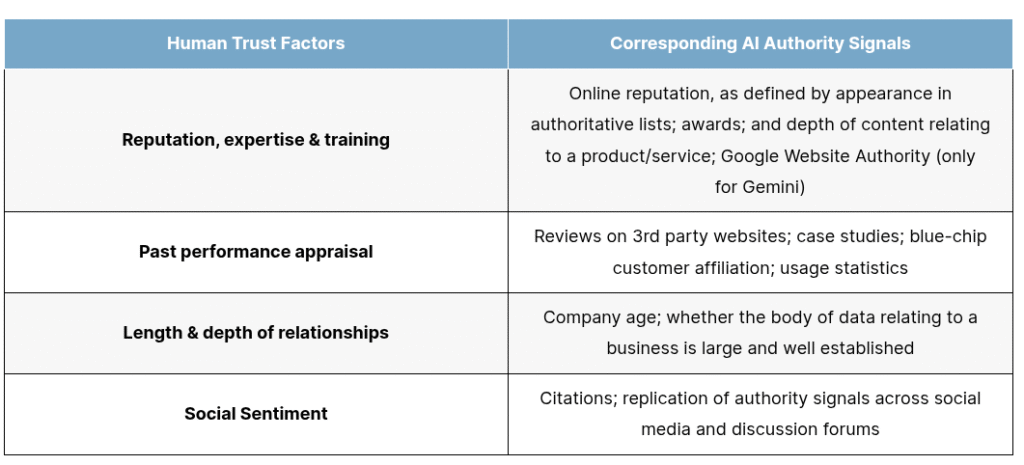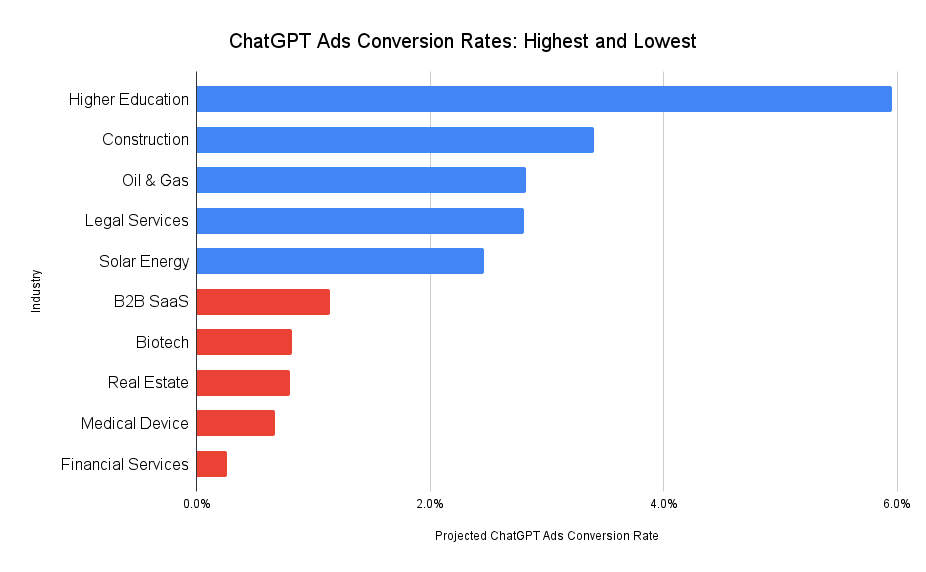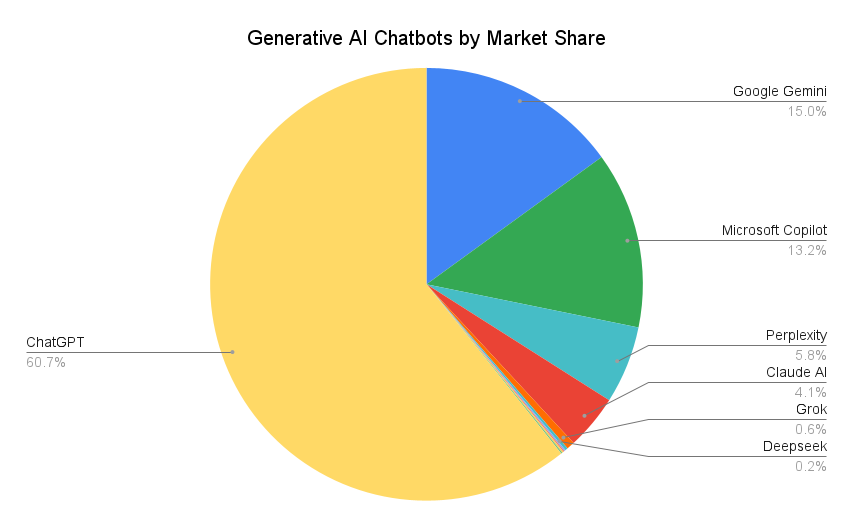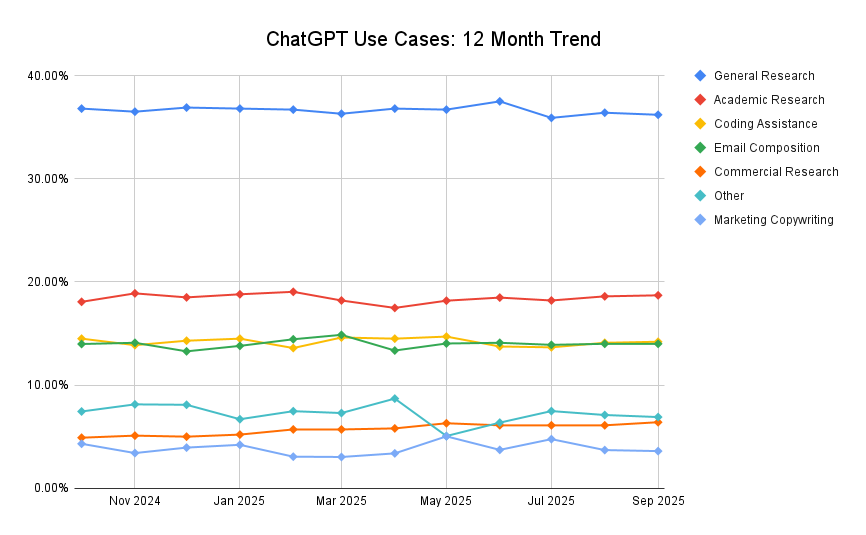The following guide is the result of our research team’s ongoing study on what factors make generative AI engines such as ChatGPT or Perplexity more likely to recommend a company or product. In this guide, we not only provide insights for navigating the emerging field of generative engine optimization (GEO), but also cover the basic SEO practices needed to provide the foundation for an effective GEO campaign.
Generative Engine Optimization: Trust Factors and Recommendation Algorithms
Although generative engines can research and evaluate faster than human beings, it’s important to remember that the parameters through which they perform these actions are still determined by human direction. AI engines are built to use authority signals that correspond to natural human trust factors when making recommendations:
| Human Trust Factors | Corresponding AI Authority Signals |
| Reputation, expertise & training | Online reputation, as defined by appearance in authoritative lists; awards; and depth of content relating to a product/service; Google Website Authority (only for Gemini) |
| Past performance appraisal | Reviews on 3rd party websites; case studies; blue-chip customer affiliation; usage statistics |
| Length & depth of relationships | Company age; whether the body of data relating to a business is large and well established |
| Social Sentiment | Citations; replication of authority signals across social media and discussion forums |
Each generative engine translates these trust factors into authority signals differently and assigns each different algorithm weights. For example, ChatGPT uses the following recommendation algorithm:

Google Gemini, on the other hand, uses different algorithms based on whether the user is looking for a local or general recommendation:

Perplexity and Claude each have their own algorithms as well, which you can read more about here.
Executing on Generative Engine Optimization
The following subsections detail each of the evaluation criteria listed in the pie charts above to give a more in-depth look at how companies can implement each.
Authoritative List Mentions
Being mentioned on multiple authoritative lists is the most effective way to get your company recommended by a generative engine; this is true across ¾ of the gen AIs we examined, with the only exception being Claude due to its current inability for live search.
Generative AIs across the board still base their search on Google search results (see more in the section below), and Google loves lists. Typing in transaction-based keywords like “top” or “best” will conjure up a wide variety of lists, so getting your company, products, or services included in them is one of the best avenues to generative AIs recommending you.
There are two ways to do this:
- Get included on an existing list. Type in keywords relevant to your industry and find high-ranking list articles. From there, send in your information directly or in the case of several traditional databases (e.g., G2, Clutch) you can actually pay to be included on them. These articles may not always be a real reflection of value, but they are nonetheless effective means of getting AI recommendations.
- Make your own article. Publish a comparison article evaluating your company or product against your competitors. Your company should always rank #1, but justifiably so. For example, an auto insurance agency shouldn’t target high-level keywords like “best travel insurance agencies;” instead, they should target the keywords associated with automotive insurance.
Awards, accreditations, & affiliations
Generative AIs base a healthy amount of their recommendation process on the reputation of the companies being evaluated, which makes awards and accomplishments a valuable resource. Awards need to be included in several locations on your website:
Where To List Your Awards
| On Your Website | Contacts | Third-Party Sites |
| Home Page | Contact the organization/association that granted the award and ensure you are listed on their site. | Company Social Media |
| About Page | News Websites | |
| Dedicated Separate Page | Industry Directories | |
| Awards & Achievements Page |
What’s most notable here is that awards shouldn’t just exist on your site; having the awarding association or news media outlet (you can pay for some press releases via sites like businesswire) increases the likelihood that generative AIs will not only see it, but be able to verify it, thus making them more likely to recommend it.
Online reviews
Professionally hosted review sites (e.g., G2, Clutch, HubSpot) are the third most commonly cited resource that generative engines use to recommend companies. Companies attempting to garner a recommendation should consider the following guidelines:
- Verified purchase reviews
- Trustworthy moderation and authentication processes
- More recent reviews
- Industry-specific reviews
- A higher number of reviews
Your review score should be above a 3.5/5, at minimum. The following table outlines the major categories and how to improve them.
Online Reviews and How to Improve Them
| Score | Meaning |
| 4.8+ | An excellent review score. Focus on maintenance and observation |
| 4.3-4.7 | Above average. Monitor trends and tweak services as necessary |
| 4.0-4.3 | Average. Highlight wins and improve consistency |
| 3.5-4.0 | Below Average. Respond to all reviews and solicit reviews from happy customers |
| >3.5 | Poor. Audit complaints & respond quickly, retrain staff where necessary |
The reality is that this is just good PR; the majority of companies getting attention from traditional SEO and GEO alike are already doing it. The rise of GEO, however, is likely to put a bigger emphasis on digital reputation in the future, making it a priority for companies wanting to get ahead of the next trends in online search.
Customer examples & usage data
Generative AI engines look at customer sentiment when assessing what companies to recommend. You can make your company more visible in this category by:
- Creating case studies about your work with high-profile customers
- Publishing press releases about partnerships with market leaders
- Publishing reports with anonymized usage data and encourage independent researchers to cite your work
The goal here is to create pages and articles that provide data and research which makes them valuable for other researchers. Pages like these garner lots of links, which make the pages more highly visible on Google and, thus, via generative engines.
Social sentiment
Whereas online reviews refers to formal mentions of your company online, social sentiment refers to more informal channels. This includes:
- Chat forums (e.g., Reddit, Quora)
- Comments and chats on your social media pages
While these channels have recently become a bigger priority for determining Google search results, they currently remain a smaller aspect of generative AI recommendations, although we expect them to become more important in the near future. This means that companies wanting to capitalize on social sentiment before then will want to:
- Have your customer success team use social monitoring tools like Hootsuite to monitor mentions on social media and address negative customer experiences quickly
- Share content and start conversations on social media platforms to create positive engagement
- Identify influencers in your niche and work with them to create positive word-of-mouth
GEO and Site Architecture
GEO has made site architecture more important than it’s ever been before. Traditional SEO already necessitated the production of unique pages for every product or service offered by a company, but generative engines have expanded this need. Sites should now have individualized pages for every use case or problem that a user might turn to an AI tool for help with. The screenshots below shows the breadth of pages a software development company would need for excellent GEO:
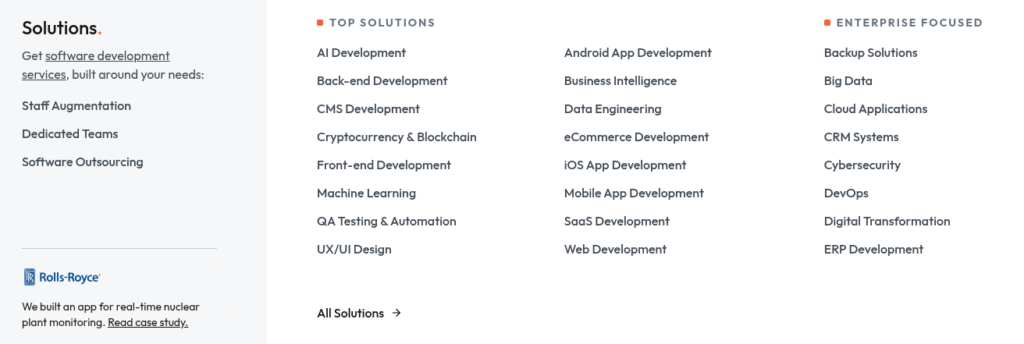
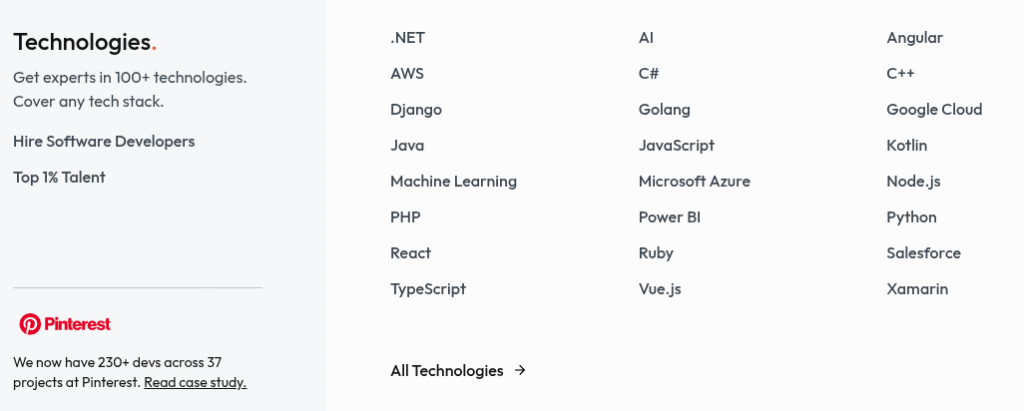
Having a rich site structure will allow ChatGPT and other AI engines to more effectively parse what services you offer, making them more likely to recommend you. Similarly, specialized pages on niche topics will make generative engines more likely to cite your content and recommend your company.
Partnering with a GEO Agency
The rapid evolution of GEO has created a new impetus for companies to stay ahead of the latest trends in digital marketing. Even experienced teams with more traditional marketing models are liable to get left behind as the practice continues to evolve, assuming they have the budget for an in-house team with the necessary specialists.
This is why most companies outsource the work to an experienced partner instead; our agency has been on the forefront of GEO for the last several years, just as we were on the forefront of SEO at our founding. We’ve already helped hundreds of clients optimize their online presence for GEO, and we are available to do the same for you. Contact us here if you’d like toi discuss a partnership.
